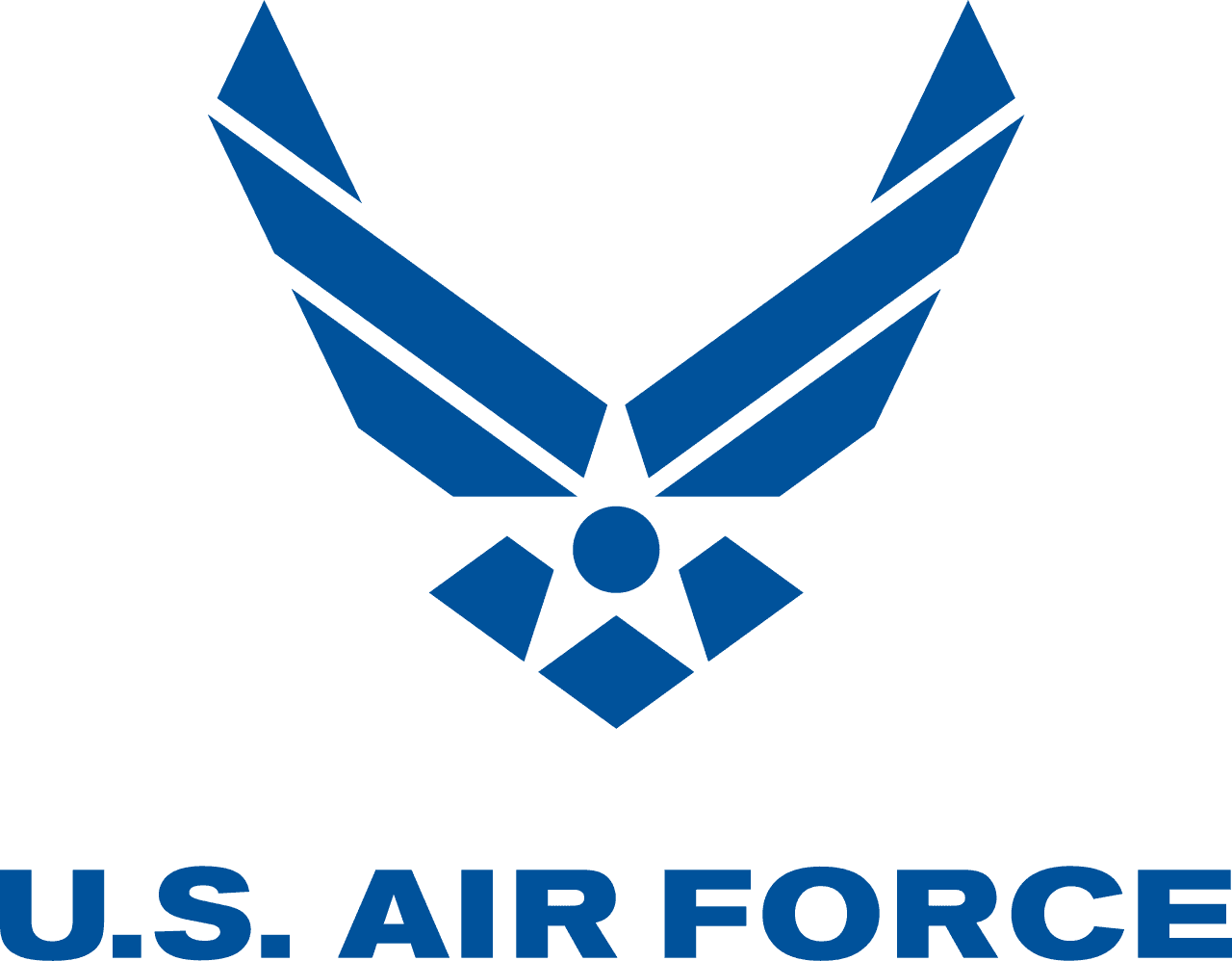Military Intelligence Specialists
Overview
What are the responsibilities of this role?
Intelligence specialists play a key role in ensuring that military operations are planned using the most accurate, current information about enemy forces and capabilities. They oversee efforts to collect, exploit, develop, analyze, and produce intelligence information for dissemination to key military leaders and consumers worldwide. The results of their work are used to develop targets and provide situational awareness to operations personnel and key leadership. Intelligence specialists may focus on one type of intelligence information, such as signals or human intelligence, or may consolidate all sources into usable products.
What is the work environment like?
Intelligence specialists work in offices on land and aboard ships, and in tents when in the field.
How many people have this role in the Military?
20,260
Compensation
Understanding How Military Pay is More Than Just a Salary
Base pay is the standard income you’ll earn as a service member, providing a stable foundation to start achieving your financial goals.
- Always fixed based on rank and service time.
- Distributed monthly.
What is the typical salary range?
$51,431
$85,462
$131,229
Military Details
What Service Branches offer this role?
Is this a staff or leadership role?
What does the training for this role entail?
All enlisted service members complete basic military training, which includes time spent in a classroom and in the field, and covers tactical and survival skills, physical training, military life and customs, and weapons training. Intelligence specialists in the Military will gain skills through classroom study and on-the-job experience. Job-specific training may include:
- Planning imagery and geospatial data from satellite and airborne systems
- Preparing intelligence reports, maps, and charts
- Analyzing aerial, satellite, and radar imagery
- Using computer systems
- Foreign language training
- Target identification and operational patterns
- Analyzing communications information using technical references
Education
What level of education do professionals in this role have?
Which college majors best prepare you for this role?
- Cyber/Computer Forensics and Counterterrorism
- Criminalistics and Criminal Science
- Criminal Justice/Police Science
- Law Enforcement Investigation and Interviewing
- Criminal Justice and Corrections, General
- Financial Forensics and Fraud Investigation
- Law Enforcement Intelligence Analysis
- Geospatial Intelligence
- Signal/Geospatial Intelligence
- Environmental/Natural Resources Law Enforcement and Protective Services
Learn About How Military Can Pay for 100% of your College Degree
Skills and Interests
What knowledge is essential to bring to the table?
- Administrative
- English Language
- Computers and Electronics
- Customer and Personal Service
- Law and Government
What personality traits help people thrive in this role?
You love figuring out how things work and researching subjects that interest you.
You like structure, staying organized, and working with systems to get things done efficiently.
RIASEC represents six broad interest areas—Realistic, Investigative, Artistic, Social, Enterprising and Conventional—helping individuals identify careers that match their skills and preferences.
Take the RIASEC TestData supplied by Bureau of Labor Statistics, National Center of Education Statistics, Defense Manpower Data Center (View our update schedule). Contact any business, college or military service branch to answer additional questions.





